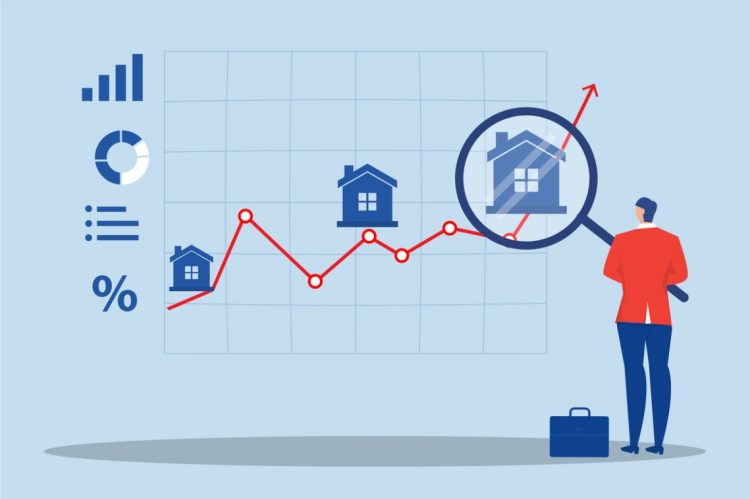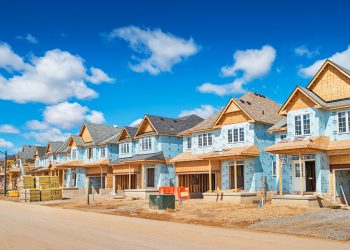A mixed report on pending home sales to close out the summer offers a muddled picture of 2023’s slow season, as the forward-looking data on contract signings found transactions varied widely across the country.
Overall, pending sales rose 0.9%, with the Midwest and Northeast experiencing decreases as the South and West saw increased signings.
“The small gain in contract signings shows the potential for further increases in light of the fact that many people have lost out on multiple home buying offers,” said National Association of REALTORS® Chief Economist Dr. Lawrence Yun in a statement.
With 2023 proving an extremely middling real estate market, as low inventory and affordability issues put a lid on extremely resilient demand from buyers, this latest report offers no clear indication on what to expect during the traditionally slower fall and winter months.
In 2022, a run-up in mortgage rates weighed heavily on the industry, as transactions hit their lowest level since 2014. Rates peaked slightly above 7% in November, roughly where they are now.
Bright MLS Chief Economist Dr. Lisa Sturtevant said in a statement that the slight increase might be more of a blip than a sign of a resilient market.
“Typically, pending sales decline between June and July, but this year, buyers are being forced to lengthen their home search since there are so few properties available for sale,” she explained.
At the same time, mortgage rates may have already peaked, though the Federal Reserve is still leaving their options open for another rate hike next month. A further increase in rates could greatly depress activity and price out even more buyers, with a large proportion of brokers polled by RISMedia citing rates as a primary concern in their markets.
“Sales activity likely will be slow for the rest of the year, as inventory remains low and mortgage rates remain high. But buyers are going to be less able to negotiate on price with rates remaining around 7%,” said Sturtevant.
Somewhat surprising was how the regional stratification for sales played out in this latest report. In the Northeast, sales were down a significant 5.8% from last month, while the West rose an impressive 6.2%.
Yun attributed the West’s resurgence to pricing shifts.
“Interestingly, the West region experienced a meaningful price decline in the past year and buyers are quickly returning as a result,” Yun added.
The most recent home price data—lagging rather than leading, though still tracking home sales from this summer—found home prices beginning to rebound in the West, though many major metros offered lower prices than a year ago.
Sturtevant posited the opposite effect was shrinking sales in the Midwest and Northeast.
“These housing markets have been surprisingly resilient over the past year, but elevated mortgage rates and rising affordability challenges are restraining buyers’ interest,” she said.
The South, which perhaps has had the most resilient market over the last year or so, was still up 2% from last month, but down 10.9% year-over-year. All four census regions experienced year-over-year declines, with the Northeast falling the furthest, 20.2%.
Yun said the near-term path of real estate markets is largely going to hinge on macro factors that are hard to predict—though there are some positive signs, with an increase in inventory from new home construction and a strong job market.
“Jobs are being added and, thereby, enlarging the pool of prospective homebuyers. However, rising mortgage rates and limited inventory have temporarily hindered the possibility of buying for many,” he said.












